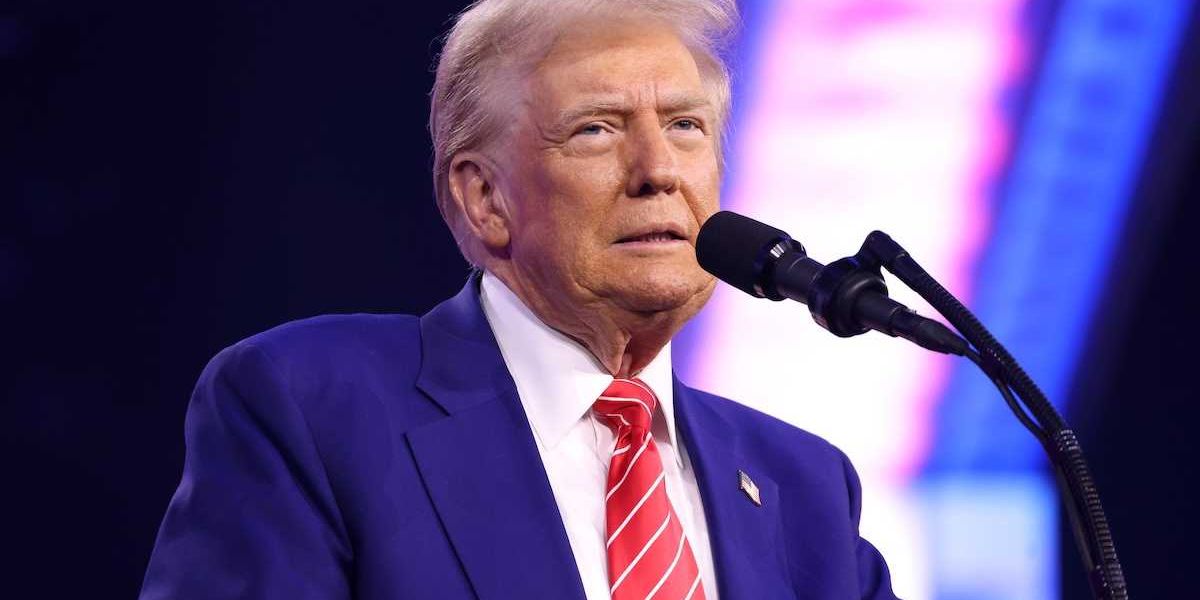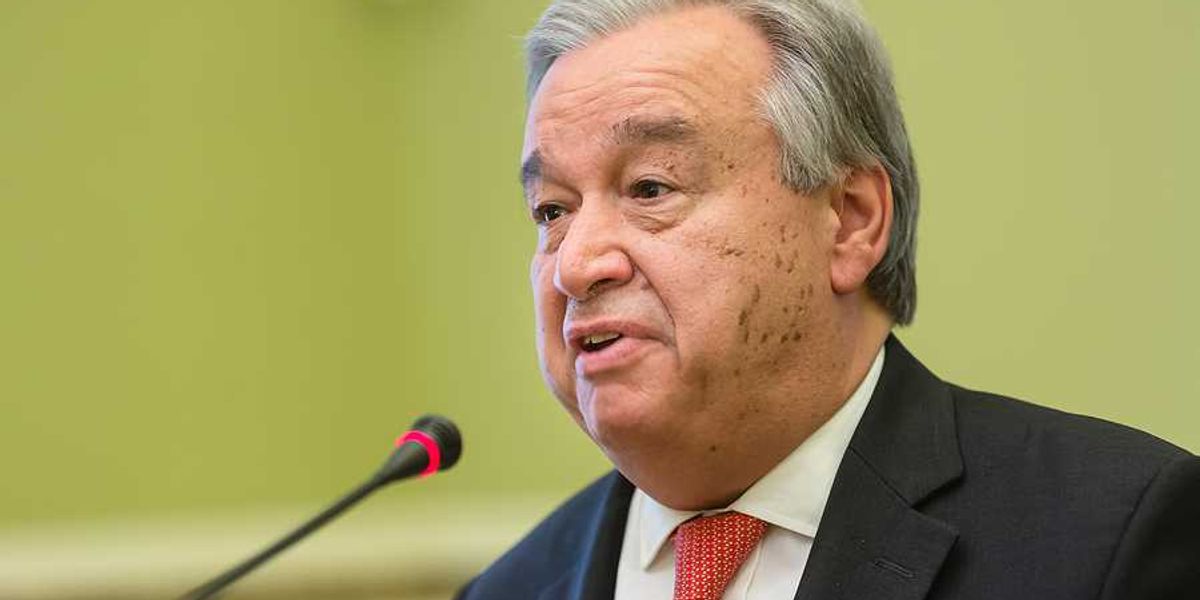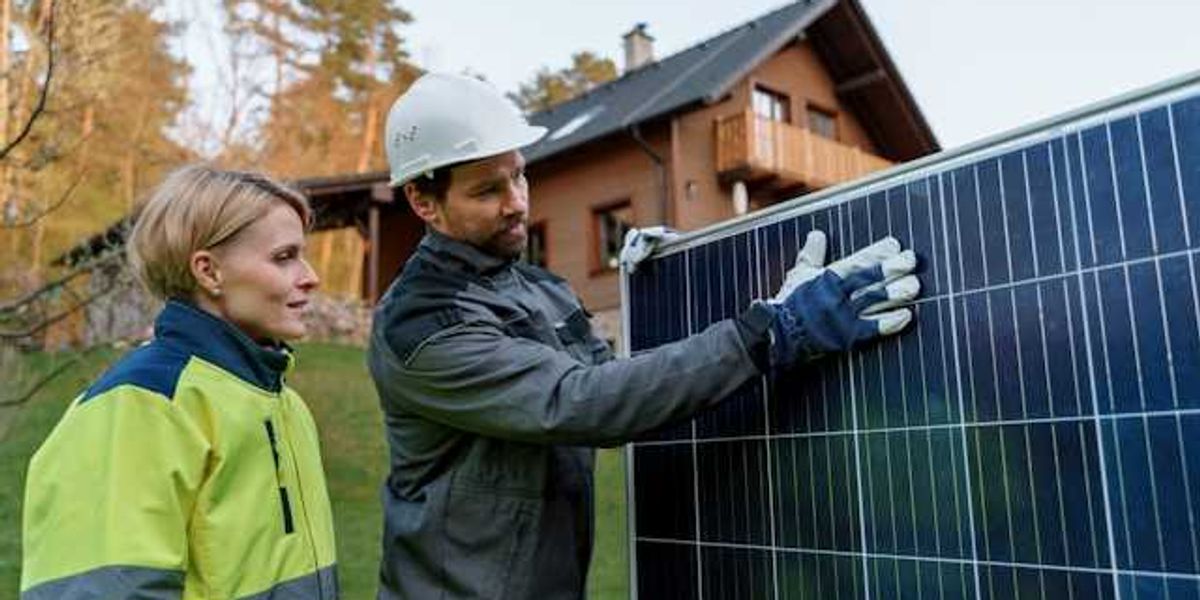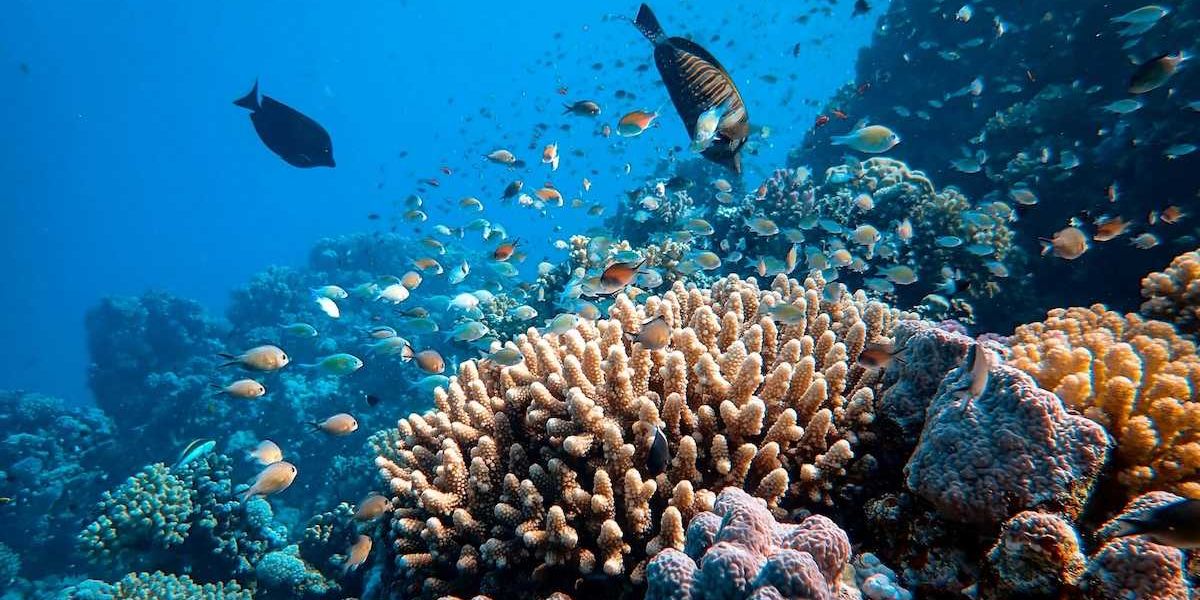Top podcasts are quietly fueling climate denial and skepticism about solutions
Podcasts with massive audiences are increasingly spreading climate misinformation, misleading listeners on the realities of global warming and the environmental impact of eating meat.
Jessica Scott-Reid reports for Sentient.
In short:
- Yale researchers found that eight of the 10 most popular podcasts have shared false or misleading claims about climate change, often promoting the idea that climate policies don’t work or that global warming is beneficial.
- Podcasts like The Joe Rogan Experience and Stay Free with Russell Brand have minimized the environmental harm of meat production, contradicting major scientific findings linking animal agriculture to emissions and deforestation.
- Experts say podcasts can foster trust through informal tones, but many lack the editorial rigor of traditional media, leaving listeners vulnerable to misinformation.
Key quote:
“Of the 10 most popular online shows, eight have spread false or misleading information about climate change.”
— Yale Climate Connections report
Why this matters:
Misinformation about climate change doesn’t need to come in the form of outright denial. Today’s most effective climate deniers don’t necessarily reject the science — they erode trust in solutions. They argue that going vegetarian won’t matter, that warming will benefit crops, or that green policies are just veiled government overreach. This narrative, broadcast by influential podcasters to millions, makes inaction seem reasonable. When celebrity voices like Joe Rogan or Russell Brand downplay meat’s climate toll or mock efforts to cut emissions, they reinforce myths that stall urgent policy and personal shifts. The science is clear: industrial meat production is one of the biggest drivers of greenhouse gases, biodiversity loss and water pollution. Yet thanks in part to media echo chambers and algorithms, even casual listeners can absorb misleading views as common sense.
Read more:













